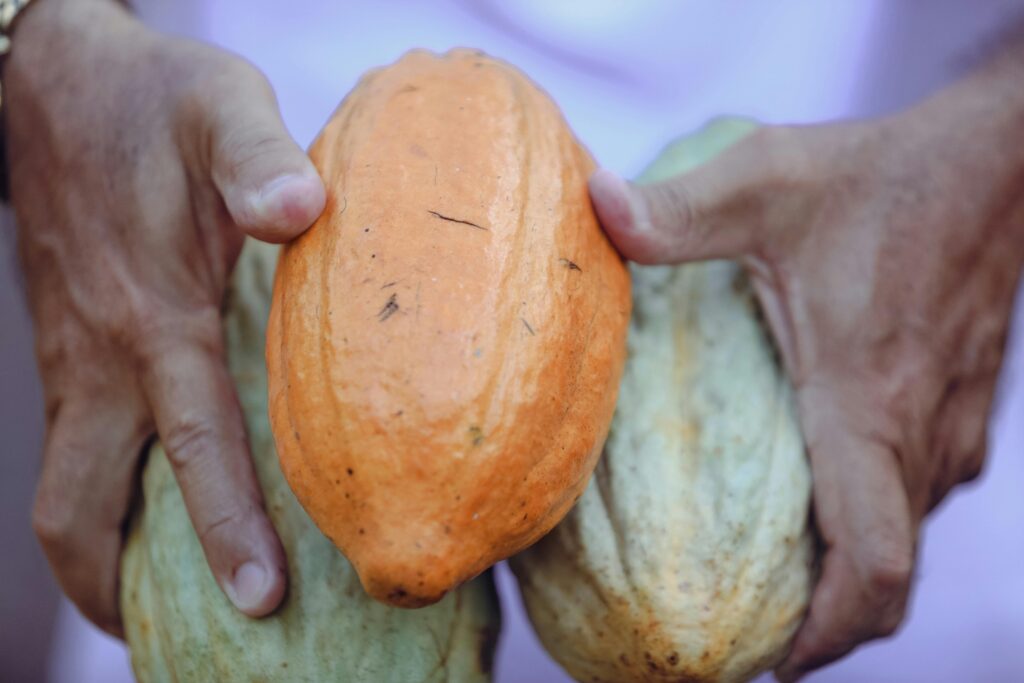In Lahore, representatives from the packaged juice sector are urging the government to consider significant tax reductions in the forthcoming federal budget. Their main concern revolves around the Federal Excise Duty (FED), currently set at 20% since its introduction in 2023, along with an additional 18% General Sales Tax (GST). This taxation combination is reportedly placing a heavy financial strain on the industry, as articulated by a spokesperson from the Fruit Juice Council.
Originally projected to achieve sales of over 72 billion Pakistani Rupees (PKR) in the fiscal year 2023, the industry has instead experienced a staggering 45% decline, with revenue dropping to approximately 42 billion PKR. This downturn has not only stunted growth within the sector but has also resulted in a significant shortfall in government revenue expectations for the year.
The current taxation structure has raised the tax component of a juice pack to nearly 42% of its retail price, making products less accessible to consumers. This has inadvertently led to an increase in the undocumented juice market, which offers cheaper, lower-quality alternatives that bypass tax regulations.
Industry stakeholders warn that the fallout from declining demand is reaching beyond corporate profits, adversely affecting rural economies, especially local fruit farmers. In previous years, the formal juice sector sourced over 100,000 tonnes of fruit annually from these growers, highlighting the vital role the industry plays in supporting agricultural communities.
As the budget discussions approach, the packaged juice industry is calling for immediate governmental attention to alleviate the tax burdens that threaten its viability and the livelihoods dependent on it.



